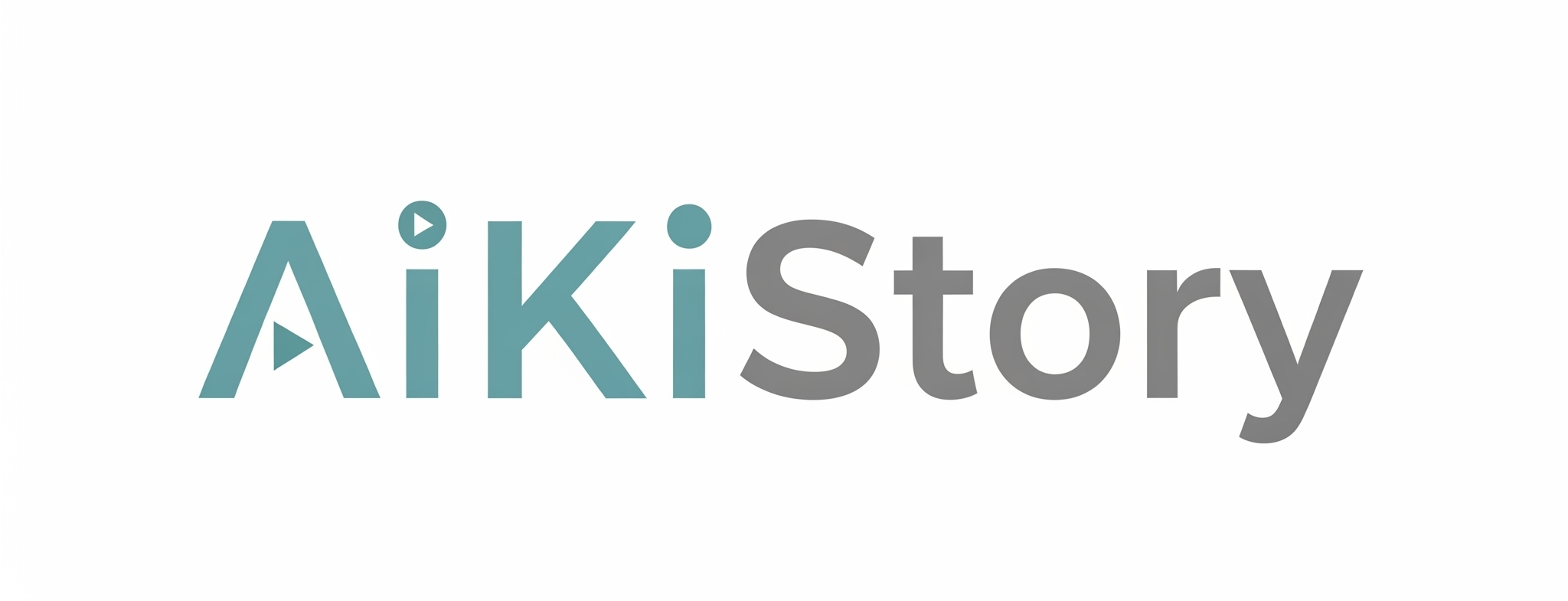Not too long ago, we launched a paper (Working with AI: Measuring the Occupational Implications of Generative AI) that studied what occupations would possibly discover AI chatbots helpful, and to what diploma. The paper sparked important dialogue, which isn’t any shock since individuals care deeply about the way forward for AI and jobs–that’s a part of why we predict it’s vital to check these subjects.
Sadly, not all of the dialogue was correct in its portrayal of the examine’s scope or conclusions. Particularly, our examine doesn’t draw any conclusions about jobs being eradicated; within the paper, we explicitly cautioned in opposition to utilizing our findings to make that conclusion.
Given the significance of this matter, we need to make clear any misunderstandings and present a extra digestible abstract of the paper, our methodology, and its limitations.
What did our analysis discover?
We got down to higher perceive how individuals are utilizing AI, highlighting the place AI would possibly be helpful in several occupations. To do that, we analyzed how individuals at present use generative AI—particularly Microsoft Bing Copilot (now Microsoft Copilot)—to help with duties. We then in contrast these units of duties in opposition to the O*NET database (opens in new tab)a extensively used occupational classification system, to know potential applicability to varied occupations.
We discovered that AI is most helpful for duties associated to information work and communication, notably duties similar to writing, gathering data, and studying.
These in occupations with these duties might profit by contemplating how AI can be utilized as a instrument to assist enhance their workflows. On the flip facet, it’s not stunning that bodily duties like performing surgical procedures or transferring objects had much less direct AI chatbot applicability.
So, to summarize, our paper is about figuring out the occupations the place AI could also be most helpful, by aiding or performing subtasks. Our knowledge do not point out, nor did we recommend, that sure jobs might be changed by AI.
Methodological limitations are acknowledged—and vital
The paper is clear in regards to the limitations of our method.
We analyzed anonymized Bing Copilot conversations to see what actions customers are in search of AI help with and what actions AI can carry out when mapped to the O*NET database. Whereas O*NET gives a structured checklist of actions related to numerous occupations, it does not seize the total spectrum of abilities, context, and nuance required in the actual world. A job is excess of the gathering of duties that make it up.
For instance, a activity would possibly contain “writing studies,” however O*NET gained’t replicate the interpersonal judgment, area experience, or moral issues that go into doing that properly. The paper acknowledges this hole and warns in opposition to over-interpreting the AI applicability scores as measures of AI’s means to carry out an occupation.
Moreover, the dataset is predicated on consumer queries from Bing Copilot (from January – September 2024), which can be influenced by elements like consciousness, entry, or consolation with AI instruments. Completely different individuals use totally different LLMs for various functions and it is also very tough (or practically inconceivable) to decide what conversations are carried out in a piece context or for leisure.
Lastly, we solely evaluated AI chatbot utilization, so this examine doesn’t consider the affect or applicability of different types of AI.
The place can we go from right here?
Given the extraordinary curiosity in how AI will form our collective future, it’s vital we proceed to check and higher perceive its societal and financial affect. As with all analysis on this matter, the findings are nuanced, and it’s vital to concentrate to this nuance.
The general public curiosity in our analysis is predicated, largely, on the matter of AI and job displacement. Nonetheless, our present methodology for this examine is unlikely to result in agency conclusions about this. AI might show to be a useful gizmo for a lot of occupations, and we imagine the best stability lies to find use the know-how in a means that leverages its skills whereas complementing human strengths and accounting for individuals’s preferences.
For extra data from Microsoft on the way forward for work and AI skilling, try Microsoft’s Annual Work Development Index (opens in new tab) and Microsoft Elevate (opens in new tab).

